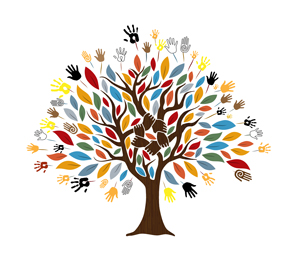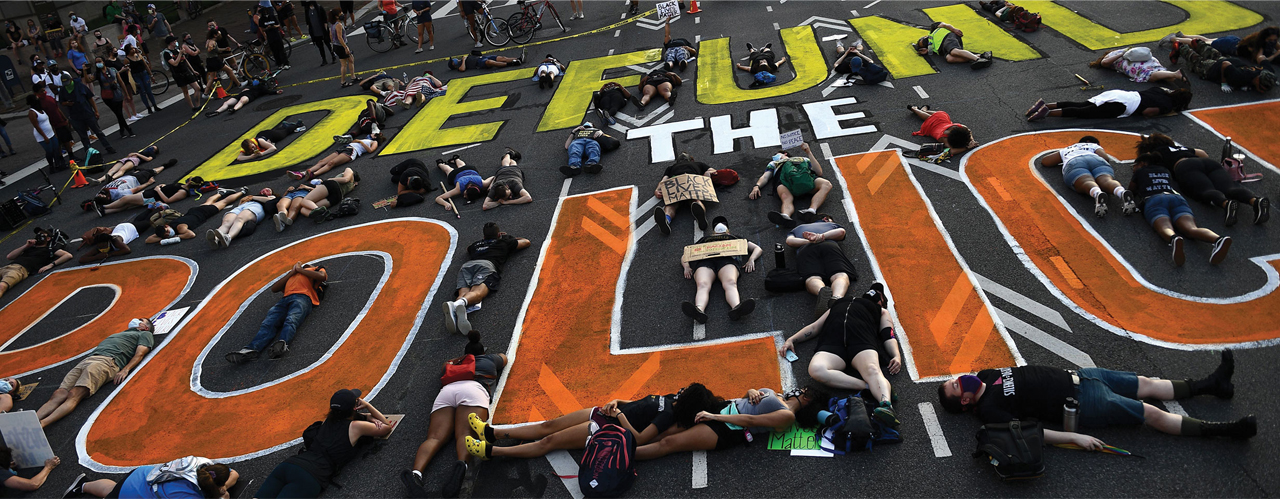This is one of the most thorough, persuasive, and well-written pieces regarding the efforts to defund and eliminate the police.
The challenge seems to suggest a viable alternative to police for contemporary democracy. There are numerous pilot programmes which are very promising. However, there isn’t a single instance in literature of a location where the police have been abolished anywhere in the world.
As shown in this paper, the majority of US cities (including Minneapolis and Seattle) where police were “effectively” defunded have now reversed the decisions because of the sharp rises in both general crime and violent crime, which disproportionately affects the least equitable neighbourhoods with a majority of black and racialised populations.
There is a zero-sum struggle to shift scarce resources away from the police and towards other institutions and organisations. There is an excellent analysis because there is little interest in learning from experiences elsewhere to understand how society can more effectively integrate (rather than weaken) institutions and organisations to increase the positive effects of limited resources.
Integration has been shown to release resources from inefficient, fragmented budgets and to increase overall social value. There is much research on how integrating services, organisations, and institutions can increase value and save costs.
This is a lovely piece that explores some crucial topics and makes the world safer, just, and more inclusive.
[contentcards url=”https://www.journalcswb.ca/index.php/cswb/article/view/315″]

